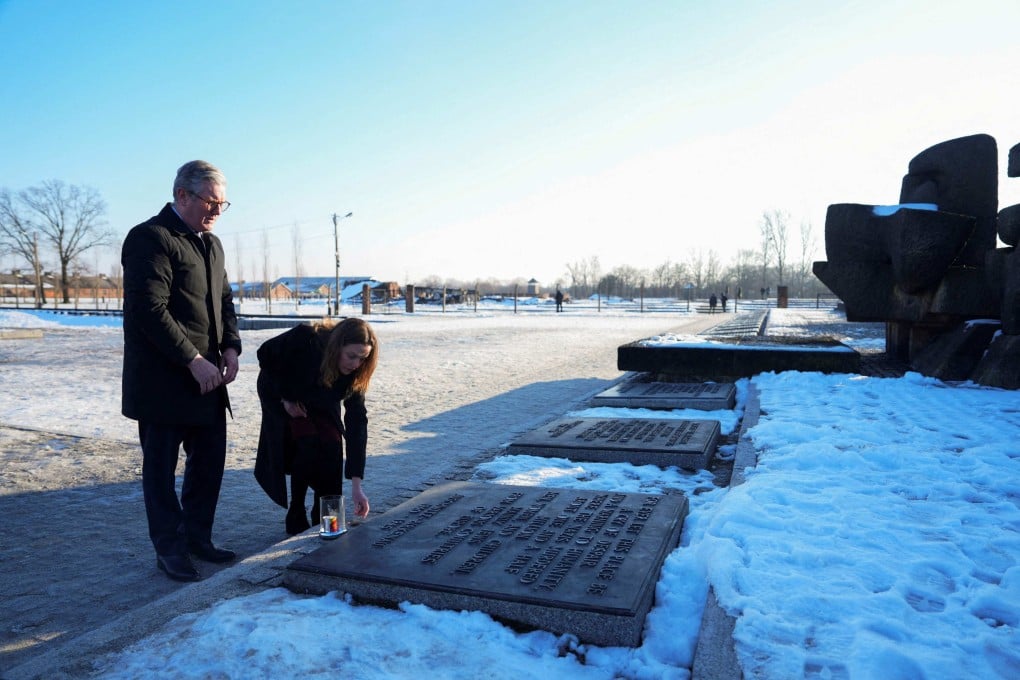In Auschwitz, UK’s Starmer vows to fight antisemitism back home
The visit made the UK leader see more clearly than ever before how the industrial-level killing didn’t result from the evil deeds of a few individuals

“Nothing could prepare me for the sheer horror of what I have seen in this place. It is utterly harrowing,” he said in a statement released after his morning visit to the memorial site with his wife, Victoria. “The mounds of hair, the shoes, the suitcases, the names and details, everything that was so meticulously kept, except for human life.”
His visit came before the 80th anniversary of the camp’s liberation on January 27, 1945. King Charles III will be among the dignitaries attending a sombre ceremony where the spotlight will be on the dwindling number of survivors of the Nazi atrocities.

From 1940-1945, around 1.1 million people, mostly Jews, but also Poles, Roma and Sinti, Russian prisoners of war and others, were killed in the gas chambers or died of starvation, hard labour and disease at Auschwitz-Birkenau. The complex of concentration, forced labour and death camps has become the most notorious of Germany’s sites of mass killing in wartime occupied Europe. About 90 per cent of the victims were Jewish.
